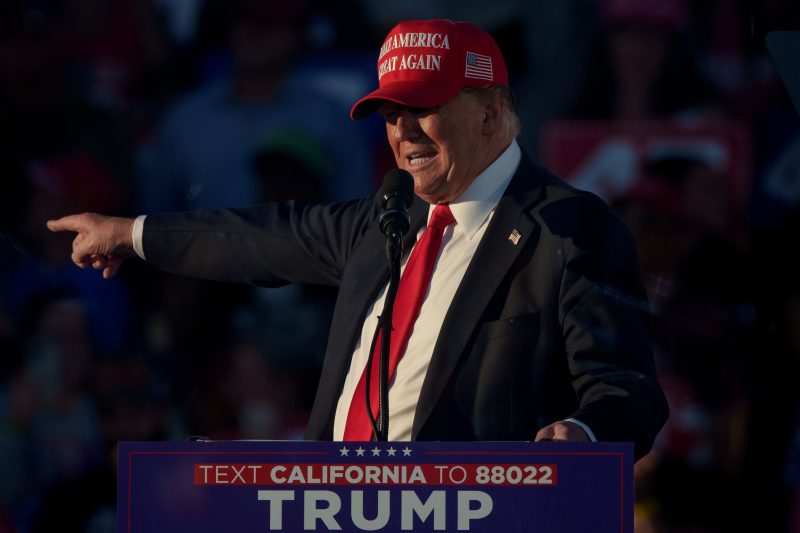
President Trump’s Vow: No Mercy for Anyone – Not Just Immigrants
In a recent interview, former President Donald Trump expressed his desire to punish not only immigrants but all of his enemies as well. This statement has sparked a significant amount of controversy and concern among both his supporters and critics alike. Trump’s language and actions have always been polarizing, but this latest assertion has raised eyebrows for its broad scope and implications.
Throughout his time as President, Trump made his stance on immigration clear, advocating for stricter border control and harsher measures against undocumented immigrants. However, his latest remarks go beyond the issue of immigration, indicating a more far-reaching desire for retribution against individuals he views as enemies.
Perhaps one of the most concerning aspects of Trump’s statement is the ambiguity surrounding who he considers to be his enemies. Without a clear definition of this group, the potential targets of his retribution could extend far beyond political opponents to encompass anyone who has criticized or opposed him in any way. This lack of specificity raises serious questions about the extent of Trump’s vendetta and the potential consequences for those who fall within his crosshairs.
Furthermore, Trump’s call for punishment raises concerns about the erosion of democratic norms and the rule of law. In a democracy, it is crucial that political leaders respect the rights and freedoms of all individuals, even those with whom they disagree. By advocating for punitive measures against his enemies, Trump undermines these foundational principles and sets a dangerous precedent for future leaders to follow.
Moreover, Trump’s desire to punish his enemies reflects a troubling mindset that prioritizes personal grievances over the common good. A leader’s foremost responsibility should be to serve the interests of the nation and its citizens, rather than seeking revenge against perceived adversaries. Trump’s emphasis on retribution further underscores his divisive approach to governance, which prioritizes loyalty and obedience over unity and inclusivity.
In conclusion, Trump’s recent statements regarding punishing his enemies unveil a concerning and authoritarian inclination that poses a threat to the fabric of democracy. By advocating for such measures, Trump undermines fundamental democratic values and principles, signaling a dangerous trajectory for the future of American politics. It is essential for citizens and lawmakers alike to remain vigilant and uphold the rule of law in the face of such authoritarian tendencies.
